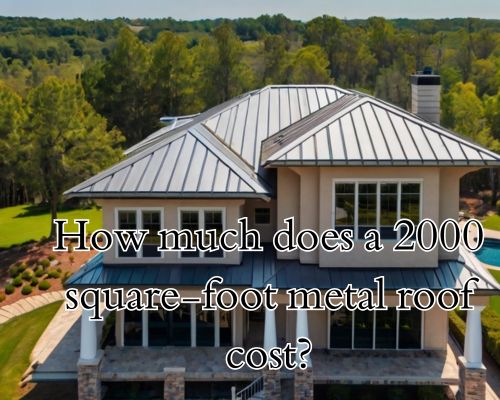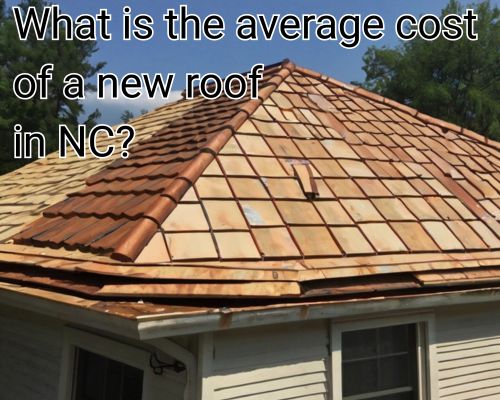What Workers Compensation Attorneys Do and Why You Might Need OneWhat Workers Compensation Attorneys Do and Why You Might Need One
Getting hurt at work can quickly turn your life upside down. Along with physical pain, you may be dealing with time off, medical bills, and uncertainty about your income. Workers’ compensation should protect you—but what happens when your claim is denied, delayed, or underpaid? This is when workers compensation attorneys play a critical role in protecting your rights and ensuring you get the support you need.
These legal professionals specialize in workplace injury claims and know how to handle the challenges injured workers face. From filing a claim properly to dealing with insurance companies and representing you at hearings, their goal is to secure the compensation you’re entitled to by law.
Understanding Workers’ Compensation
Workers’ compensation is a no-fault insurance program designed to provide medical treatment, wage replacement, and disability benefits to employees who are injured or become ill due to their job. In return, most workers cannot sue their employer for negligence. The idea is to create a faster, more predictable system to support injured workers.
Despite this goal, many claims are met with resistance. Insurance carriers often seek to reduce costs, and employers may dispute the severity or cause of your injury. That’s why workers compensation attorneys are essential. They work for you—not the employer or insurer—and ensure your claim is treated fairly under state law.
Signs You Should Call an Attorney
While some workplace injuries are straightforward and may not require legal intervention, many workers face issues that delay or jeopardize their claim. You should strongly consider hiring legal help if:
- Your claim was denied or delayed without proper explanation
- You’re unable to return to work for an extended time
- You received a settlement offer that doesn’t cover your expenses
- You’re being pushed to return to work too soon
- You’re facing retaliation for filing a claim
- Your injury has caused permanent or long-term disability
- A third party contributed to your injury and may be liable
Workers Compensation Attorneys understand how to respond to these challenges and can ensure your rights are protected from the start.
Types of Injuries Covered Under Workers’ Compensation
Workers in all industries—blue-collar, white-collar, and everything in between—are exposed to risks that can lead to injury or illness. Common injuries and conditions that are typically covered include:
- Overexertion from lifting or repetitive motion
- Slip and fall injuries in the workplace
- Machinery-related accidents leading to cuts or amputations
- Head trauma from falling objects
- Burns or electrical injuries
- Exposure to harmful chemicals or substances
- Repetitive stress injuries such as carpal tunnel syndrome
- Work-related mental health conditions (e.g., PTSD or anxiety)
Even conditions that develop gradually—such as back pain or hearing loss—may qualify if directly related to your job duties. Workers Compensation Attorneys can evaluate your case and determine whether your condition is compensable.
What Workers Compensation Attorneys Do
These attorneys handle every aspect of your case to ensure that you don’t face the process alone. Their responsibilities may include:
- Explaining your legal rights and available benefits
- Filing the initial workers’ compensation claim
- Communicating with the employer’s insurer and legal team
- Gathering medical records, witness statements, and supporting evidence
- Coordinating with doctors, specialists, and vocational experts
- Representing you during depositions, hearings, or appeals
- Reviewing and negotiating settlement offers
Their primary role is to make sure your claim is handled properly and that you receive the maximum compensation based on your medical condition and lost income.
Benefits You May Be Eligible For
Depending on the injury, its impact on your ability to work, and your state’s workers’ compensation laws, you may be entitled to:
- Medical benefits – Full coverage for treatments, surgeries, prescriptions, and therapy
- Temporary total disability (TTD) – Wage replacement during the time you cannot work
- Permanent partial or total disability – Compensation for long-term impairment
- Vocational rehabilitation – Job retraining if you can’t return to your previous job
- Mileage reimbursement – Travel expenses for medical care
- Death benefits – For the surviving family of a worker who passed due to a job-related injury
Workers Compensation Attorneys help you understand what applies to your specific case and make sure no benefits are overlooked.
How Legal Fees Work
Most attorneys who handle workers’ compensation cases work on a contingency fee basis. This means you pay nothing upfront, and the attorney only gets paid if they successfully secure benefits or a settlement on your behalf.
State laws usually regulate how much attorneys can charge in workers’ compensation cases, ensuring that legal fees remain fair and transparent. This makes legal representation accessible even if you’re out of work or dealing with medical bills.
Choosing the Right Attorney for Your Case
Selecting the right legal help can make a significant difference in the outcome of your case. When researching Workers Compensation Attorneys, look for:
- Specific experience with workers’ comp claims
- Strong case results and client reviews
- A free initial consultation
- Clear communication and responsiveness
- A focus on helping injured workers, not large corporations
The right attorney will take the time to understand your unique situation and fight to ensure you’re treated fairly by the system.





